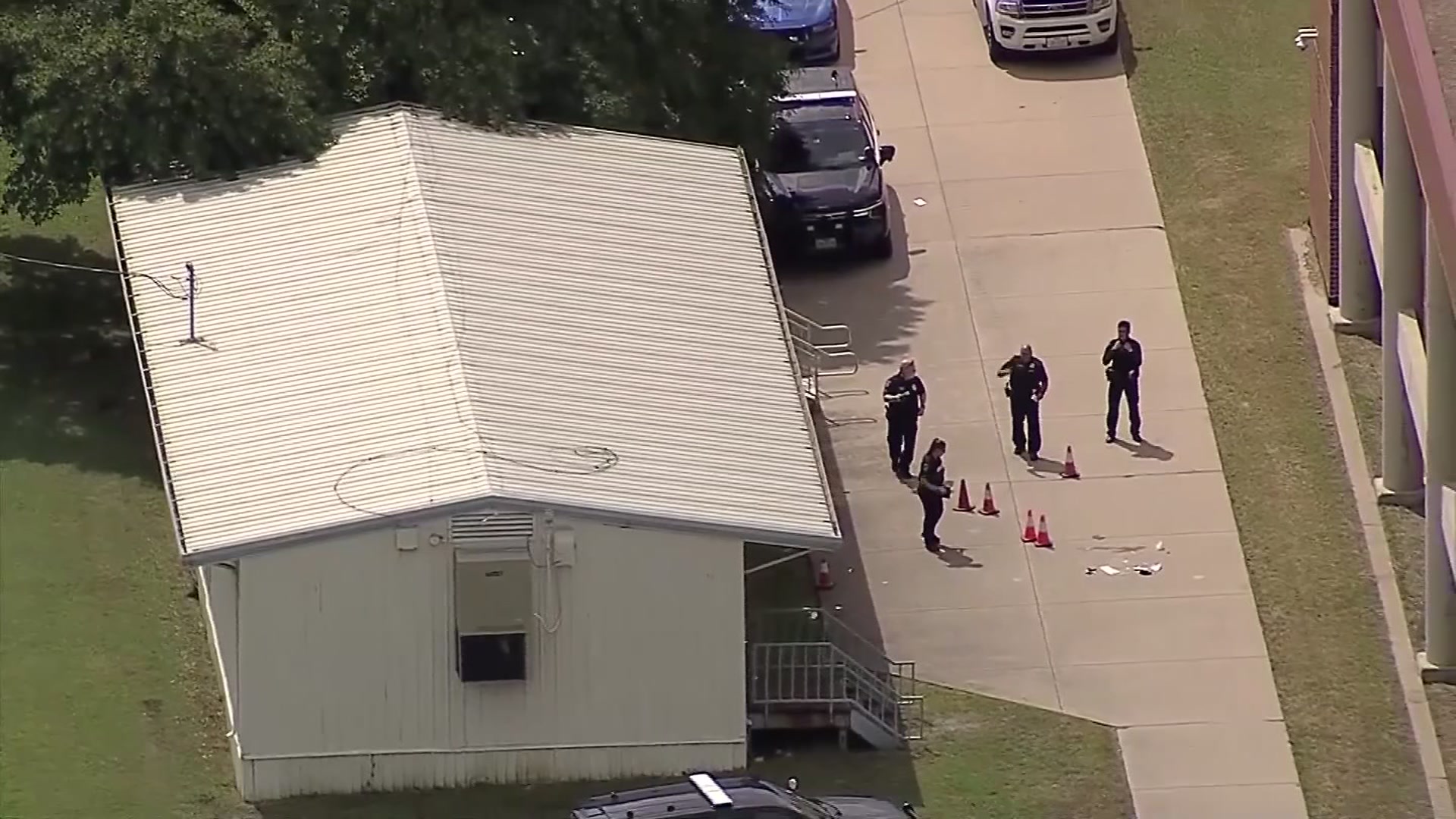Whether you have health insurance or not, you're paying for the high cost of drug production.
"Research and development for medication occurs around the world but the American consumer bears the brunt of that cost," said Dr. David Capper with the Tarrant County Medical Society.
Pharmaceutical companies increase retail price of drugs to recoup their investment and for cash-paying consumers, the bill at the pharmacy counter can be larger than expected.
So, what can you do?
"If they have an insurance product and it has drug plan, they use the drug plan to their best of the ability," Capper said.
That means check out the your drug plan's formulary, or list of covered drugs.
Each drug is in a tier, and each tier has a different cost.
Local
The latest news from around North Texas.
You may be able to switch to a medicine in a cheaper tier so most of the cost is covered.
If a person chooses not to use their health insurance, which Capper says is happening more frequently, or if a person doesn't have health insurance, he recommends building a relationship with your pharmacist, who can negotiate a better deal.
"Then, all of sudden, you have a direct relationship between that person and the pharmacist. By getting back to a direct relationship, you have a greater opportunity to actually negotiate price," said Capper.
Other tips include switching to a private, "mom and pop" pharmacy, which have more wiggle room to negotiate.
You can also switch to a big box store with a $4 drug program, or something similar.
You can also find deals through online pharmacies and coupon programs.
Pharmaceutical companies have patient assistance programs, but be warned, you'll have to fill out a major application to be accepted.
Ask about generics. Experts say 10 percent of medications are brand names, yet 72 percent of prescribed drugs are brand names.
Capper's bottom line?
"The average consumer should talk to pharmacist after they talk to their physician."




